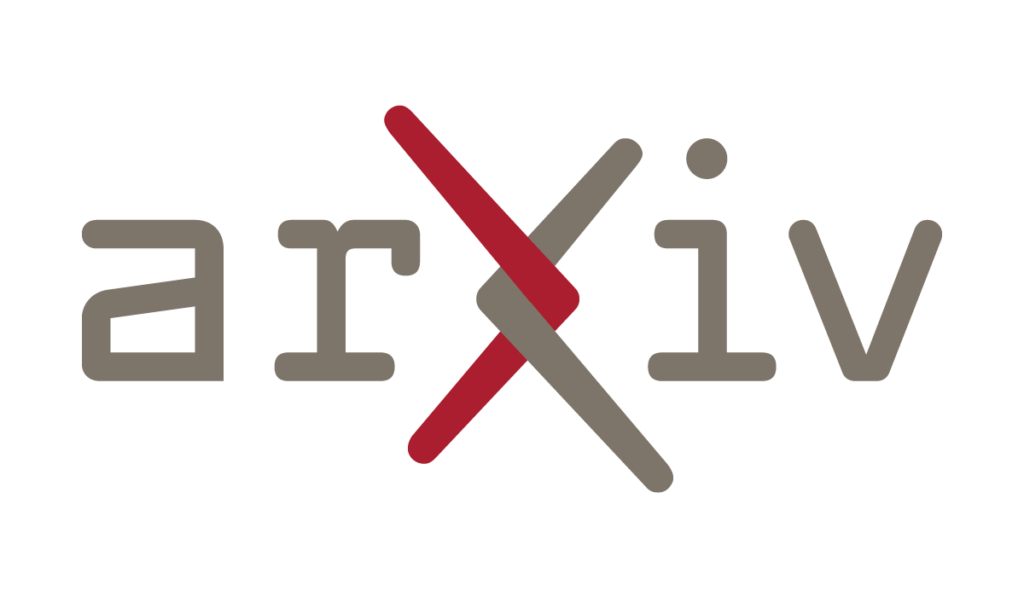arXiv:2407.13948v1 Announce Type: new
Abstract: We outline the principles of classical assurance for computer-based systems that pose significant risks. We then consider application of these principles to systems that employ Artificial Intelligence (AI) and Machine Learning (ML). A key element in this “dependability” perspective is a requirement to have near-complete understanding of the behavior of critical components, and this is considered infeasible for AI and ML. Hence the dependability perspective aims to minimize trust in AI and ML elements by using “defense in depth” with a hierarchy of less complex systems, some of which may be highly assured conventionally engineered components, to “guard” them. This may be contrasted with the “trustworthy” perspective that seeks to apply assurance to the AI and ML elements themselves. In cyber-physical and many other systems, it is difficult to provide guards that do not depend on AI and ML to perceive their environment (e.g., other vehicles sharing the road with a self-driving car), so both perspectives are needed and there is a continuum or spectrum between them. We focus on architectures toward the dependability end of the continuum and invite others to consider additional points along the spectrum. For guards that require perception using AI and ML, we examine ways to minimize the trust placed in these elements; they include diversity, defense in depth, explanations, and micro-ODDs. We also examine methods to enforce acceptable behavior, given a model of the world. These include classical cyber-physical calculations and envelopes, and normative rules based on overarching principles, constitutions, ethics, or reputation. We apply our perspective to autonomous systems, AI systems for specific functions, generic AI such as Large Language Models, and to Artificial General Intelligence (AGI), and we propose current best practice and an agenda for research.
Assurance of AI Systems From a Dependability Perspective

비공개: Assurance of AI Systems From a Dependability Perspective